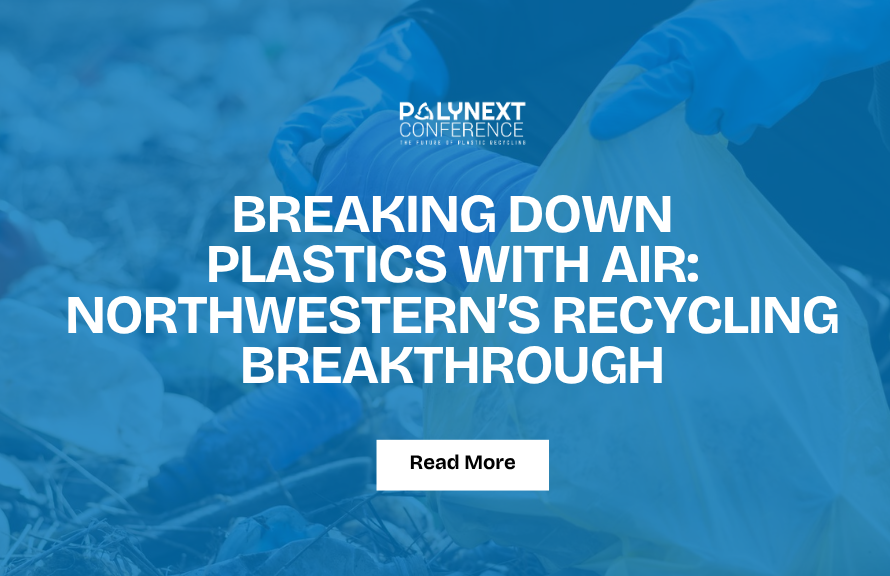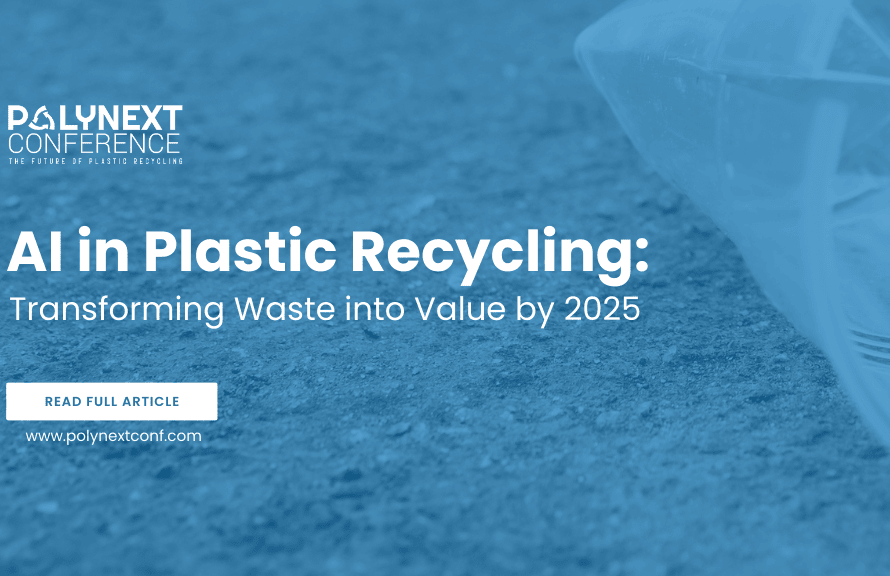The global fight against plastic pollution is undergoing a silent revolution—one that spans from university labs to large-scale industrial hubs. As the world grapples with mounting plastic waste and the shortcomings of traditional recycling methods, new innovations are emerging that could transform how we break down and reuse plastic. Two developments stand out: a groundbreaking ambient-air PET depolymerization process from the U.S., and a major chemical recycling initiative underway in Sicily, Italy. Together, they offer a glimpse into a cleaner, circular future.
PET Recycling, Reinvented by Air
In a remarkable scientific advancement, researchers at Northwestern University have unveiled a method to break down PET (polyethylene terephthalate)—a plastic commonly used in bottles and packaging—using just air and humidity. This new process doesn’t require the extreme heat, high pressure, or large volumes of water that traditional recycling demands. Instead, it relies on a novel catalyst that leverages ambient moisture to depolymerize PET in just four hours.
The result? Terephthalic acid (TPA), a valuable monomer that can be repurposed into high-performance plastics, opening up the possibility of upcycling rather than just recycling. This low-energy approach could significantly cut down emissions associated with conventional PET treatment, making it a potentially revolutionary tool in urban waste management systems. While the process is still in the experimental stage, it shows tremendous promise for scalability and adoption by industries seeking sustainable solutions.
Versalis Hoop Project: Industrial Scale Circularity
While the Northwestern breakthrough reimagines recycling at the molecular level, Italy’s Versalis (a subsidiary of energy giant Eni) is working on bringing chemical recycling to an industrial scale. Located in Sicily, the “Hoop” project is a new demonstration plant that transforms mixed plastic waste—previously considered unrecyclable—into high-purity feedstock suitable for food and pharmaceutical packaging.
With a full-scale plant planned by 2029 and backed by an investment of €200 million, the Hoop project signals a serious commitment from the petrochemical industry to transition toward circularity. By using chemical depolymerization, Versalis aims to create a closed-loop system that doesn’t just downcycle plastic into lower-quality products but regenerates it into materials with virgin-grade properties.
This initiative could bridge the gap between fossil fuel-based manufacturing and sustainable resource recovery. However, questions remain around the environmental footprint of such chemical recycling, especially in terms of energy consumption and by-products. As with all major technological transitions, transparency and regulation will play a critical role in ensuring that these solutions are as green as they claim.
Converging Innovations, Complementary Futures
These two developments show that plastic recycling is moving forward in two ways. One path comes from science labs, where new ideas are being tested using fewer resources and simpler methods. The other comes from big industries, which are building large systems to recycle huge amounts of plastic. Instead of competing with each other, these two approaches can work together to create a stronger and more flexible recycling system.
As governments push for stricter regulations and consumers demand eco-conscious practices, the timing couldn’t be more urgent. These technologies not only aim to reduce landfill loads and marine pollution but also promise economic value through material recovery and job creation in green tech sectors.
Looking Ahead: PolyNext 2025 and the Global Conversation
These themes of innovation and circularity will take center stage at PolyNext 2025, an influential global event scheduled in Dubai. The conference is set to showcase the latest advancements in plastic processing, recycling technologies, and sustainable materials. With global experts, startups, and policy leaders in attendance, PolyNext 2025 will serve as a vital platform to accelerate the adoption of these game-changing solutions and spark international collaboration.
From the air-driven breakthroughs of academia to full-fledged recycling plants in Europe, one thing is clear: the future of plastic waste is no longer linear—it’s circular, intelligent, and within reach.


